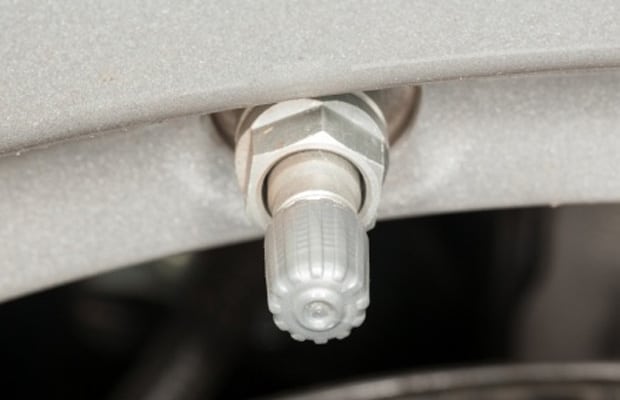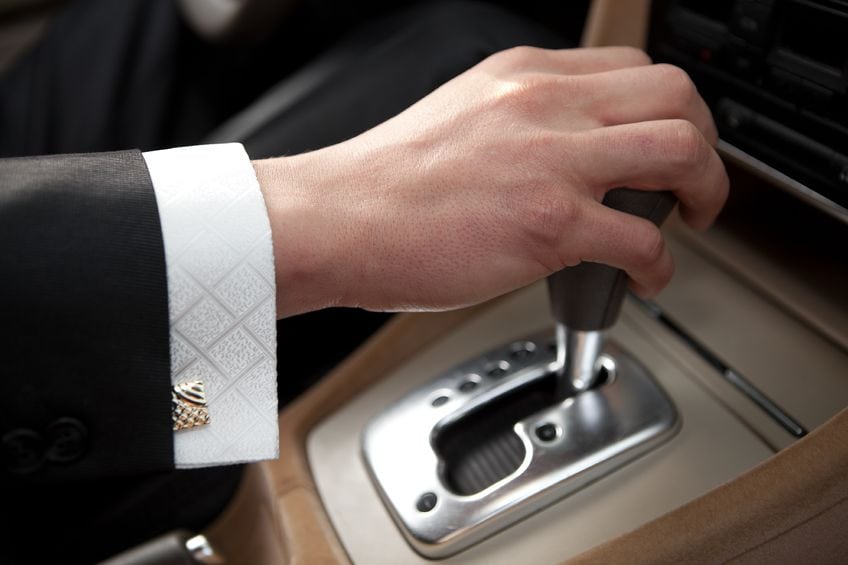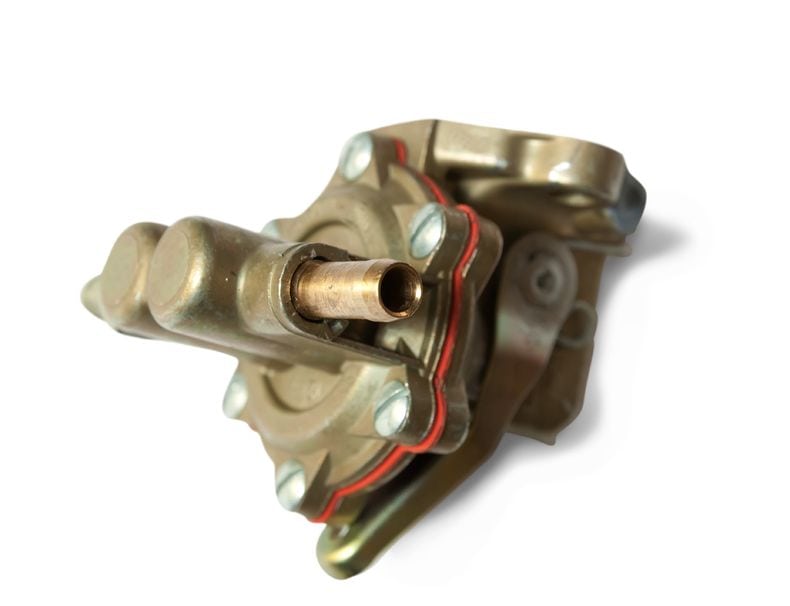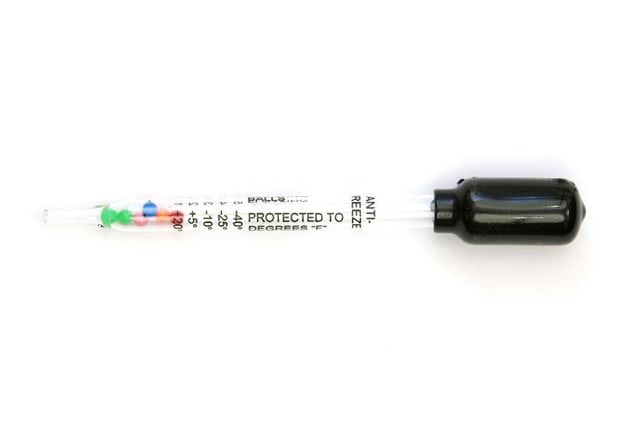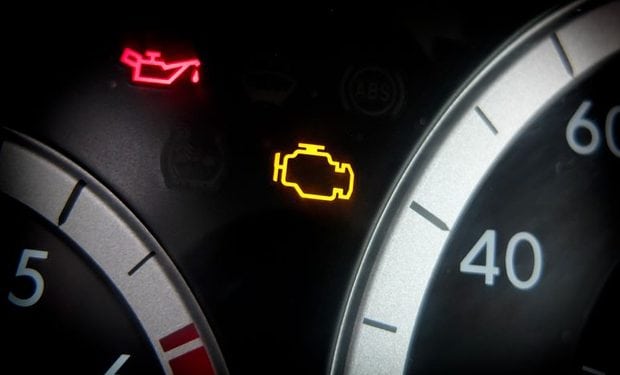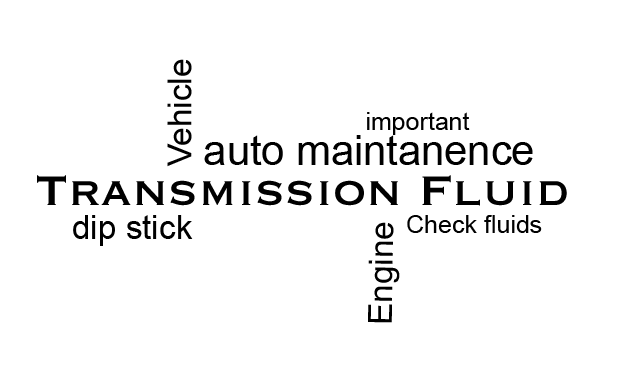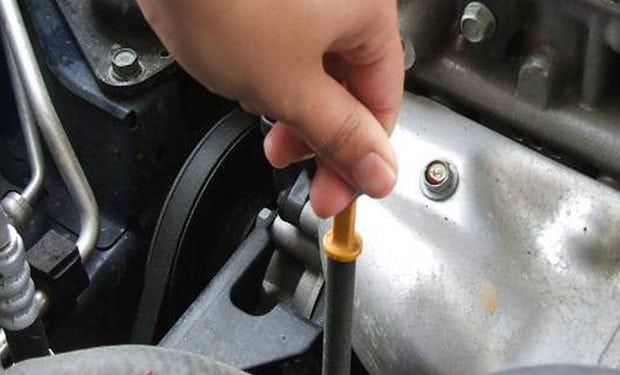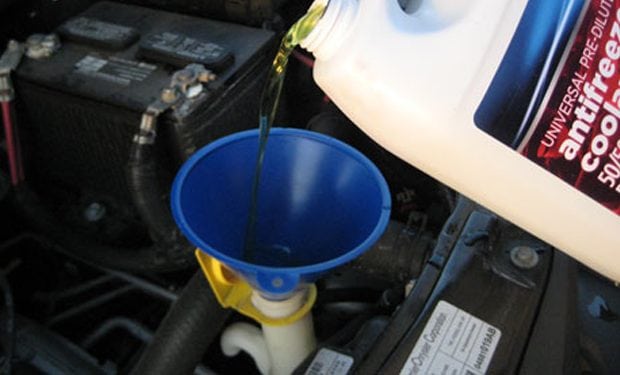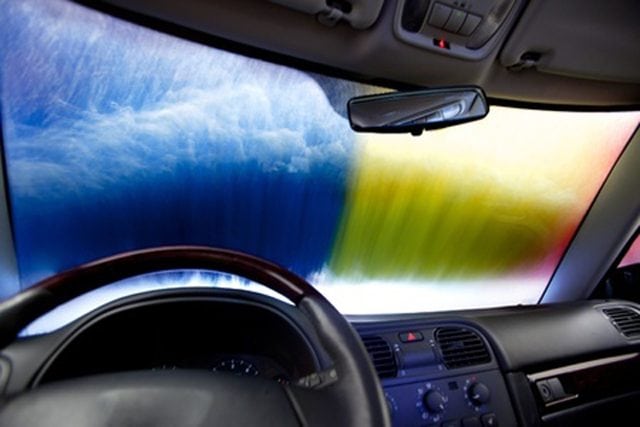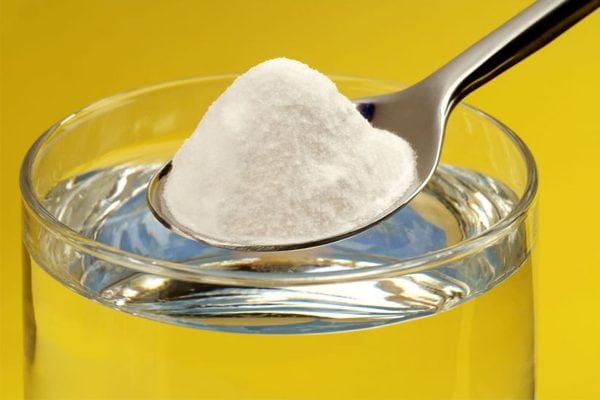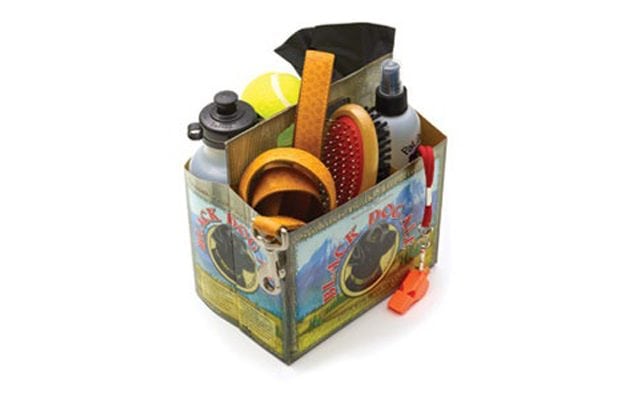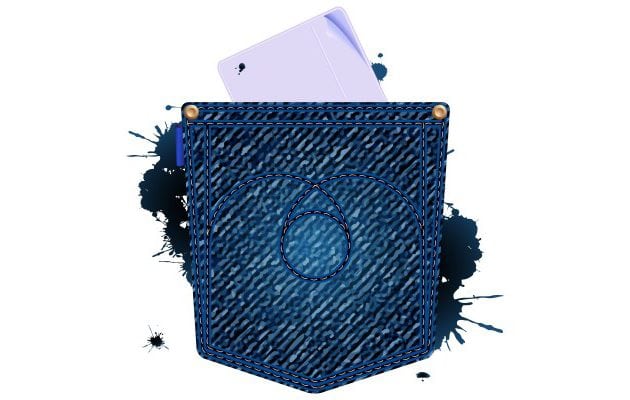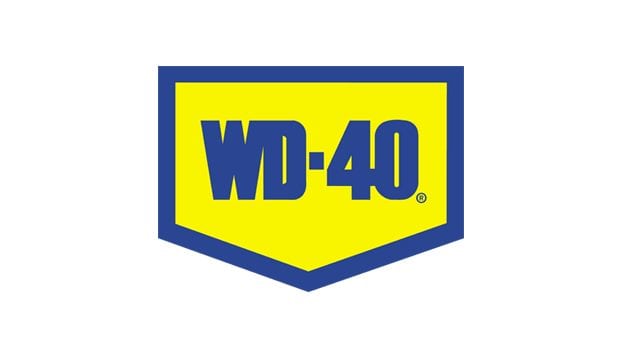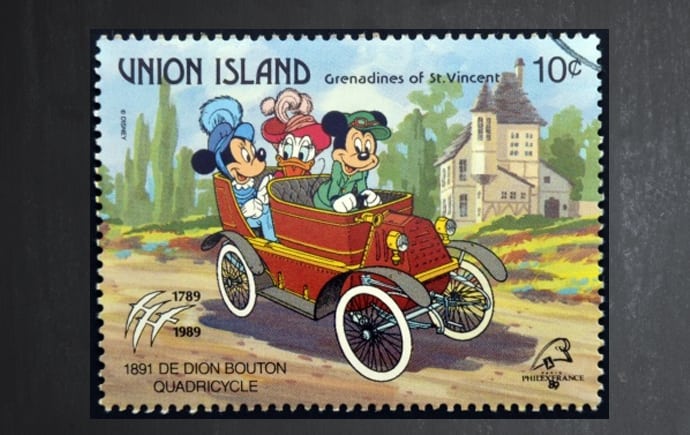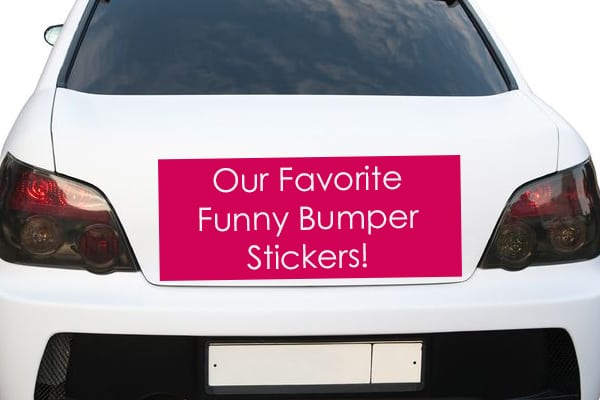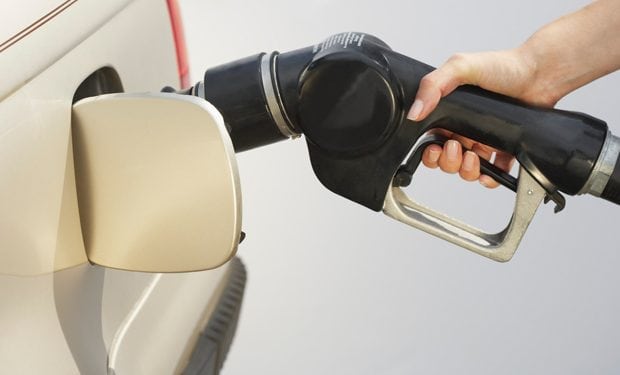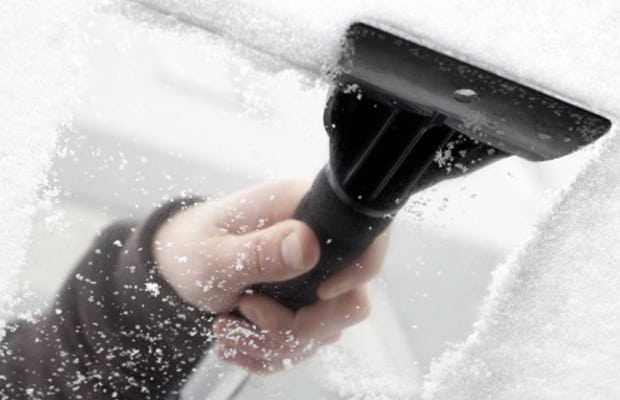
Warranties
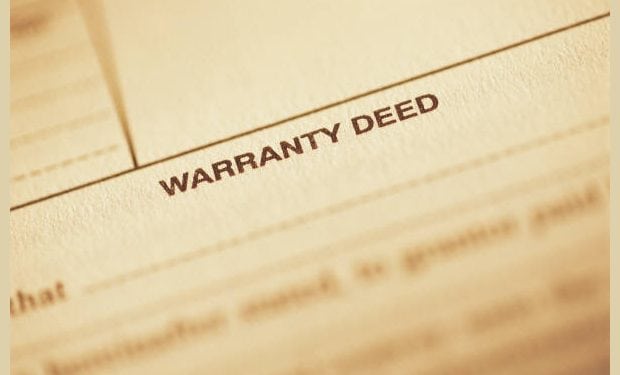
Know Your Warranty:
Even if you are lucky enough to have found a service consultant that you like and trust, they might not always have the knowledge to look out for your best interest. It’s downright scary how many service consultants with 5 or 10 years of experience charge a customer for something that should have been covered under their warranty. Know your warranty and be aware of what will void it.
What will void a warranty:
1. Failure to Perform Proper Maintenance: If you go into a dealership and see a sign with a long, scary list of maintenance tasks that need to be done to your car so you don’t void your warranty, don’t panic. This is pretty typical. Manufacturers want to cover their butts and reserve the rights to deny coverage if necessary. That being said, most manufacturers are not evil corporations trying to rip everyone off. They usually want to make people happy so they continue to purchase cars from them. As long as your lack of maintenance didn’t cause the problem your car is having, they will usually still honor your warranty. Of course policies will vary from company to company and some do a better job of leaning the customer’s way than others. If your car has a problem that is caused by a lack of maintenance on your end, that particular problem won’t be covered in your warranty, but most dealerships won’t deny you coverage if the lack of maintenance doesn’t affect the problem your car is having. If you get your car serviced at a place other than the dealership, make sure you keep your receipts. The dealership will need proof of that service in order to honor your warranty if the problem you are having could have been caused by a lack of proper maintenance.
2. Salvage Title: This generally means that an insurance company has deemed your car totaled. In some states, insurance companies won’t even cover these cars. This will void your factory warranty.
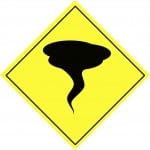 3. Natural Disasters: If your car gets carried away in a tornado, you are out of luck. Hopefully you weren’t in it.
3. Natural Disasters: If your car gets carried away in a tornado, you are out of luck. Hopefully you weren’t in it.
4. Flagrant Misuse: If your boyfriend has one too many beers and decides to light your car on fire in protest of a lost football game, you are also out of luck. You should also find a new boyfriend.
TIP: If your warranty is void, you could easily still get a goodwill warranty from your manufacturer. Make sure you read more about this under the different types of warranties!
Types of Warranties:
1. Normal Wear: Wiper blades, brake pads, bulbs, tires and other items that get worn due to normal use, are usually only covered for a limited period of time and it is usually less than the “basic factory warranty”. Squeaky brakes, pulsating rotors, and other unusual circumstances are normally covered for the duration of the basic factory warranty. READ YOUR OWNERS MANUAL! If you have any question about what should be covered, contact your manufacturer directly.
 2. Factory, Basic, Bumper to Bumper or Manufacturer Warranty: A factory warranty comes directly from the manufacturer such as Honda, Dodge, or Lexus. Every vehicle has a “New Vehicle Limited Warranty” or “Bumper to Bumper” warranty period. Typically this is a 36,000 mile or 3 year warranty (whichever occurs first). Some vehicles have a longer time and mileage limit (see READ YOUR OWNERS MANUAL above). This type of warranty is only available on brand new cars or if you purchase a used vehicle before the terms of the warranty were expired. This is the only true bumper to bumper warranty. Many manufactures will also cover alignments or other adjustments for the first year. You may even get your first oil change free. This type of warranty stays with the vehicle and transfers automatically to new owners without any fees or registration. This will not cover outside influences like; “I hit a pothole” and “My kids used permanent marker to draw pictures on the seats.” It will cover almost anything else that is not considered normal wear and tear (see above).
2. Factory, Basic, Bumper to Bumper or Manufacturer Warranty: A factory warranty comes directly from the manufacturer such as Honda, Dodge, or Lexus. Every vehicle has a “New Vehicle Limited Warranty” or “Bumper to Bumper” warranty period. Typically this is a 36,000 mile or 3 year warranty (whichever occurs first). Some vehicles have a longer time and mileage limit (see READ YOUR OWNERS MANUAL above). This type of warranty is only available on brand new cars or if you purchase a used vehicle before the terms of the warranty were expired. This is the only true bumper to bumper warranty. Many manufactures will also cover alignments or other adjustments for the first year. You may even get your first oil change free. This type of warranty stays with the vehicle and transfers automatically to new owners without any fees or registration. This will not cover outside influences like; “I hit a pothole” and “My kids used permanent marker to draw pictures on the seats.” It will cover almost anything else that is not considered normal wear and tear (see above).
3. Powertrain Warranty : A powertrain warranty covers all or part of the powertrain of a vehicle. This includes the engine, transmission and drivetrain. (The drivetrain consists of the parts of the vehicle oil flows through.) Powertrain warranties are usually longer than factory warranties. For example, for Honda, the average factory warranty is 3 years or 36,000 miles, but the powertrain warranty is 5 years or 60,000 miles. A powertrain warranty can usually be transferred to a new owner (sometimes you have to pay a fee), but of course every company is different. Some manufacturers cover wheel bearings under the powertrain warranty and some do not. If you’re not sure ask your dealer first, then your manufacturer.
4. Federal Emissions Warranty: This warranty is 8 years or 80,000 miles, whichever occurs first. The Federal Government requires manufacturers to cover catalytic converters, your engine computer and your data link connector. The data link connector is the physical plug that techs use to plug-in a computer to see what’s wrong with your car. You need to get your car serviced at your dealership for this to apply. Some components that affect the operation of emissions components are also covered under this warranty. The state of California may require additional items to be covered. If you have questions, check with the manufacturer directly or the state you live in.
5. Goodwill warranty: Almost every manufacturer has a goodwill warranty policy. This allows dealerships and/or corporate personnel to warranty repairs even though they are beyond their normal warranty period. Goodwill warranties will vary depending on the individual dealership’s standing with the manufacturer, your maintenance history, loyalty to the manufacturer and the representative’s mood that particular day. When in doubt, contact the manufacturer, tell them what a loyal customer you are, and ask for help! The worst that can happen is they will say no. Real pedalsandpumps.com readers have had financial success due to this information; read a story about Goodwill warranties!
TIP: ![]() Make sure your car manufacturer has your current contact information. If there is a common problem with a vehicle model, the manufacturer will sometimes extend the warranty. For example, if a certain model has fuel pump problems, they may warranty any fuel pump failures for 5 years or every 100,000 miles. Whether you buy your car used or new from a dealership, call your manufacturer and make sure they have your most current info so you don’t pay for something that you could have gotten for free!
Make sure your car manufacturer has your current contact information. If there is a common problem with a vehicle model, the manufacturer will sometimes extend the warranty. For example, if a certain model has fuel pump problems, they may warranty any fuel pump failures for 5 years or every 100,000 miles. Whether you buy your car used or new from a dealership, call your manufacturer and make sure they have your most current info so you don’t pay for something that you could have gotten for free!
6. Recalls/Warranty Extensions: If a safety issue is common enough, there may be a recall issued to address the problem. All you have to do is contact your dealer and ask them to run your VIN number for recalls to see if any apply to your car. Most dealerships will check your vehicle for open recalls every time you bring your vehicle in for service, but don’t assume this happens. Ask every time to be sure. Even if you don’t service your vehicle with a dealer, check with a dealer when you have an issue that seems common to your vehicle. There may be a recall or warranty extension that covers that repair. Googling your cars problem will likely let you know if there may be a recall/extension. Recalls.gov provides vehicle specific information, check out the site to find out if your car has an open recall. Even if the repair is not technically covered under a manufacturer’s recall, if the problem is common enough you still may get your repair for free.
7. Factory Extended Warranty or Certified Extended Warranty: There is no such thing as a bumper to bumper extended warranty. If someone tells you that, they are unaware or misleading you. No warranty is as good as the factory warranty you get when you purchase a brand new car. However, the factory extended or certified extended warranty is usually better than an after-market warranty. If you own a car that is expensive to repair, it might be worth it to purchase a factory extended warranty or certified extended warranty. If you have a car that’s relativity reliable, it may not be worth it.
8. After Market Warranty: There are many variations of the cost and quality of an aftermarket warranty, read the fine print! As a general rule, factory or factory extended warranties are usually better than aftermarket warranties and provide more coverage.


